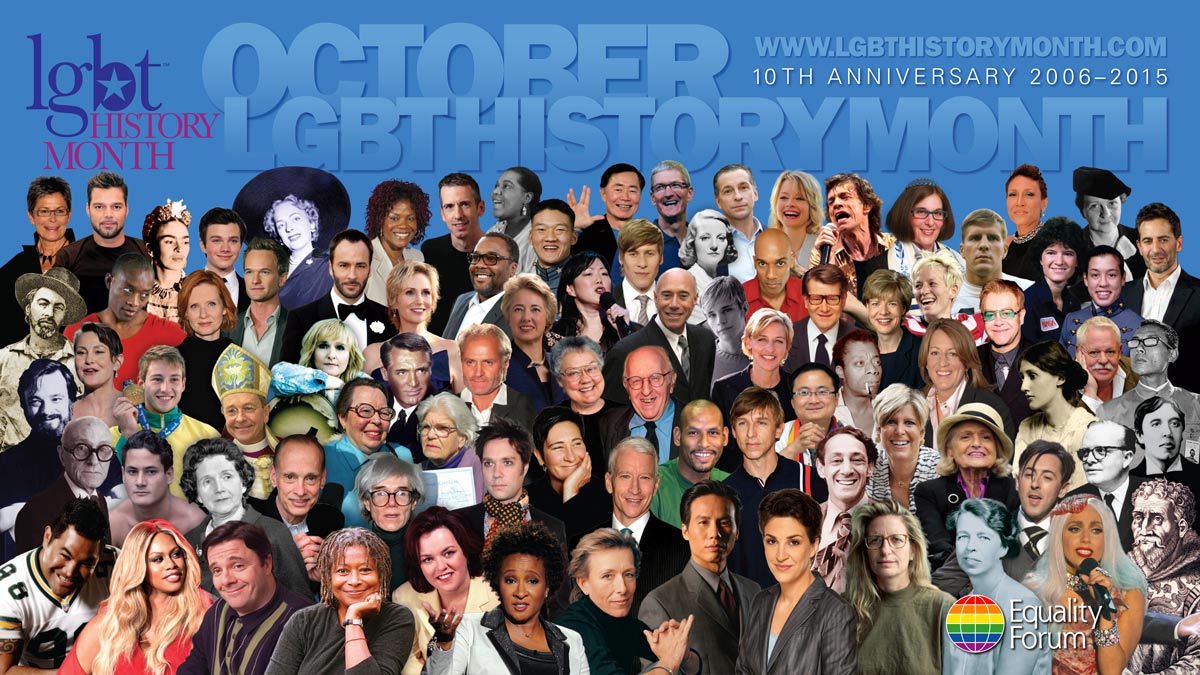

January 2019 - Mary Shelley's Frankenstein

May 2019
Censorship is the suppression of ideas and information that certain persons — individuals, groups, or government officials — find objectionable or dangerous. It is no more complicated than someone saying, “Don’t let anyone read this book, or buy that magazine, or view that film, because I object to it!” Censors try to use the power of the state to impose their view of what is truthful and appropriate, or offensive and objectionable, on everyone else. Censors pressure public institutions, like libraries, to suppress and remove information they judge inappropriate or dangerous from public access, so that no one else has the chance to read or view the material and make up their own minds about it. The censor wants to prejudge materials for everyone. ("First Amendment and Censorship," American Library Association, November 2017. http://www.ala.org/advocacy/intfreedom/censorship)
The Intellectual Freedom Principles for Academic Libraries state: "A strong intellectual freedom perspective is critical to the development of academic library collections, services, and instruction that dispassionately meets the education and research needs of a college or university community. The purpose of [the principles] is to outline how and where intellectual freedom principles fit into an academic library setting, thereby raising consciousness of the intellectual freedom context within which academic librarians work." ("Intellectual Freedom Principles for Academic Libraries", American Library Association, July 26, 2006.
http://www.ala.org/advocacy/intfreedom/librarybill/interpretations/intellectual (Accessed May 3, 2019) Document ID: 410b47a8-41ef-a594-b16f-5294d99633ab)
Make Your Home Among Strangers
Fall 2019

The Doane University common book for 2019-2020 is Make Your Home Among Strangers. Jennine Capó Crucet's novel explores themes of identity and home through the eyes of Cuban-American college student Lizet. The display features books about Cuban history and Cuban-American relations, images and editorials about the Elián González case, and works by Cuban authors.

In 1994, Rodney Wilson, a Missouri high school teacher, believed a month should be dedicated to the celebration and teaching of gay and lesbian history, and gathered other teachers and community leaders. They selected October because public schools are in session and existing traditions, such as Coming Out Day (October 11), occur that month.
Gay and Lesbian History Month was endorsed by GLAAD, the Human Rights Campaign, the National Gay and Lesbian Task Force, the National Education Association and other national organizations. In 2006 Equality Forum assumed responsibility for providing content, promotion and resources for LGBT History Month.
The LGBT community is the only community worldwide that is not taught its history at home, in public schools or in religious institutions. LGBT History Month provides role models, builds community and makes the civil rights statement about our extraordinary national and international contributions.

from Purchase College Library News, 11/02/18
What started at the turn of the century as an effort to gain a day of recognition for the significant contributions the first Americans made to the establishment and growth of the U.S., has resulted in a whole month being designated for that purpose.
One of the very proponents of an American Indian Day was Dr. Arthur C. Parker, a Seneca Indian, who was the director of the Museum of Arts and Science in Rochester, N.Y. He persuaded the Boy Scouts of America to set aside a day for the “First Americans” and for three years they adopted such a day. In 1915, the annual Congress of the American Indian Association meeting in Lawrence, Kans., formally approved a plan concerning American Indian Day. It directed its president, Rev. Sherman Coolidge, an Arapahoe, to call upon the country to observe such a day. Coolidge issued a proclamation on Sept. 28, 1915, which declared the second Saturday of each May as an American Indian Day and contained the first formal appeal for recognition of Indians as citizens.
The year before this proclamation was issued, Red Fox James, a Blackfoot Indian, rode horseback from state to state seeking approval for a day to honor Indians. On December 14, 1915, he presented the endorsements of 24 state governments at the White House. There is no record, however, of such a national day being proclaimed.
The first American Indian Day in a state was declared on the second Saturday in May 1916 by the governor of New York. Several states celebrate the fourth Friday in September. In Illinois, for example, legislators enacted such a day in 1919. Presently, several states have designated Columbus Day as Native American Day, but it continues to be a day we observe without any recognition as a national legal holiday.
In 1990 President George H. W. Bush approved a joint resolution designating November 1990 “National American Indian Heritage Month.” Similar proclamations, under variants on the name (including “Native American Heritage Month” and “National American Indian and Alaska Native Heritage Month”) have been issued each year since 1994.

This month's display located just outside the library entrance is dedicated to celebrating the political achievements -- and struggles -- of African Americans in the United States. From the Jim Crow era of poll taxes to the election of our first Black president, Barack Obama, the library has many sources of information on this topic in addition to other aspects of African American history.